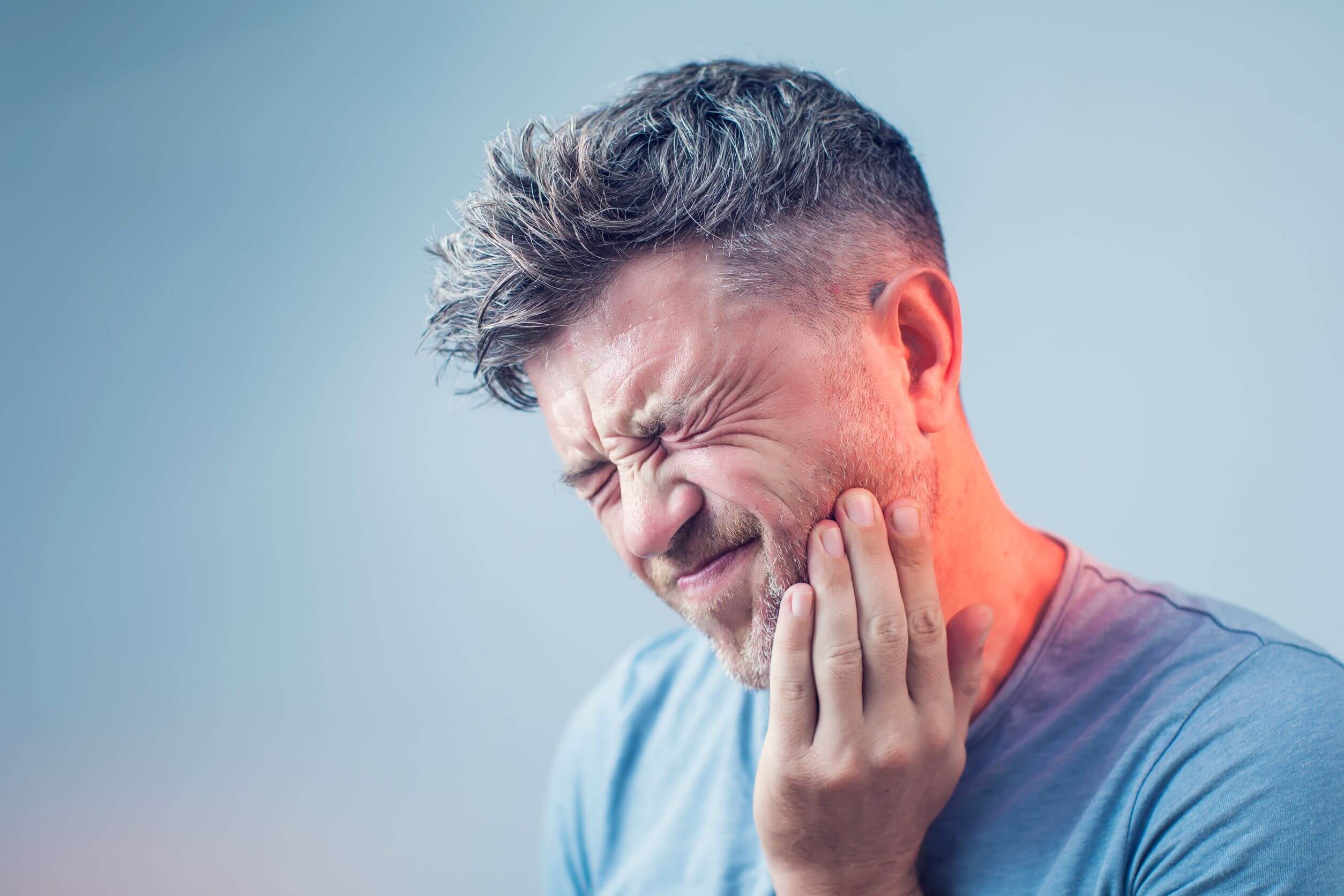Quick remedies for toothache
Experiencing a toothache can be a devastating situation. While this might seem like a small area of the body to deal with, a little bit of tooth pain can completely disrupt your day. A toothache can come in many forms, and finding what works for a toothache is the challenge. The ideal thing to do would be to head to your dentist right away for professional treatment.
However, you may be faced with a situation where you can’t get to the dentist immediately whether it’s because their office is closed or you can’t secure an appointment soon enough. Here we will share some of the top toothache remedies that can be used at home for a variety of dental problems.
Top sources of dental pain:
- dry socket after extraction
- tooth decay
- pain after a filling
- trauma to the mouth or tooth
- exposed root
- infected tooth
- bump on the gums
Top 5 home toothache remedies
1. Salt water rinses
Grab a glass of warm water and a teaspoon of salt. Mix them together and rinse your mouth out every hour or so to help decrease inflammation and treat pain. This home toothache remedy is best for soft tissue pain such as pain in the gums, canker sores, burns, etc. The simplicity of warm salt water almost seems too easy, but it works! It isn’t a permanent solution, but it will provide temporary relief for sensitivity and mouth pain. Your sore tooth will thank you!
2. Ice pack
Another simple and effective treatment – an ice pack for a toothache. It can help ease swelling and pain. Fill a bag with ice or use frozen foods from your freezer. Place the ice pack on your cheek on affected area for a few minutes at a time. The cold compress helps constrict the blood vessels and release some of the inflammation and pain.
3. Sensodyne rapid relief
Sensodyne is sensitivity toothpaste that can help relieve minor pain and sensitivity. It contains potassium nitrate as its active ingredient and can decrease pain associated with hypersensitivity of your dentin and gums. You can apply that directly to the tooth to help relieve pain or if sensitive teeth are a regular problem for you, use the paste as part of your dental routine.
4. Over the counter medication tylenol with ibuprofen
Combining tylenol and ibuprofen can be a great relief from severe pain. It combines a powerful pain reliever and adding in the power of anti-inflammatory properties (with a product such as advil dual action) can greatly help with inflammation and pain. Make sure that youre following the dosage information, and let your dentist know if the pain isnt subsiding after a few days.
5. Anbesol or orajel
If you head to the pharmacy, you can find certain numbing agents and pain-relieving creams like anbosol or orajel. Products that contain benzocaine are strong and effective local anesthetic that can provide you with a number of hours of relief. It has numbing properties that helps by blocking nerve signals in the affected area. This ingredient is often found in products such as mouthwashes, toothpastes, and topical creams and ointments.
Home toothache remedies not to use:
- Hydrogen peroxide – Hydrogen peroxide is a mild antiseptic that has been long used as a wound cleanser that kills bacteria. Despite its antibacterial properties, using it at home as a dental mouth rinse may be more harmful to your oral health than beneficial. Without understanding the effects and dosage requirements for effectiveness, it is not recommended. You are better off asking your dentist for another recommendation that isn’t so harsh.
- Clove oil – Clove oil is an essential oil from a clove tree. It has been used for centuries without proper evidence of its health benefits, including oral pain relief. Clove oil has an ingredient called eugenol in it that other natural elements also have such as vanilla beans or pure vanilla extract. It can damage gum tissue or even kill the root of a tooth, so its best to stay clear of this natural remedy.
If you’re experiencing any kind of toothache pain or complications after a procedure, its a good idea to give your dentist a call to touch base with them. They can advise you if what you’re experiencing is normal.
You may also need to see an emergency dentist if its after hours or the problem is too advanced for your dentist to treat. First, contact your local Fort Wayne dentist before going to the urgent care or emergency room.
No matter what, it’s crucial to seek medical attention if you experience pain, throbbing, discomfort or any kind of bump on the gums as soon as possible. An infection is serious and requires attention from a dental professional. However, if you are experiencing a fever and/or difficulty breathing in combination with your toothache, contact a physician immediately as you may have a more severe infection. Your dentist can advise you on this as well, if needed.
Here are a few tips if you have a painful tooth:
- Eat soft foods
- Limit sugary food and drink
- Avoid very hot or very cold water
Things a dentist can do for you
A dentist will examine your tooth to see what the problem is. They may need to take an x-ray to get to the bottom of the problem. Once they have a diagnosis, you may be written a prescription for antibiotics (if an infection is present). There are other products or remedies that you may be prescribed as well, including a high-potency mouthwash, like chlorhexidine. Prescription pain medications may be offered.


